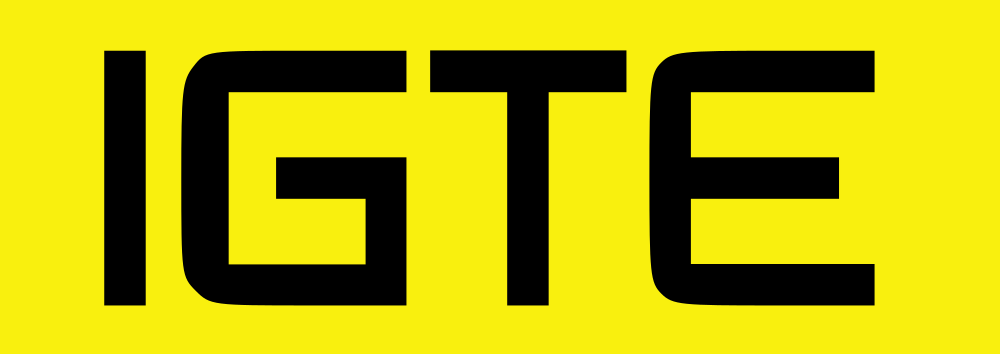Team
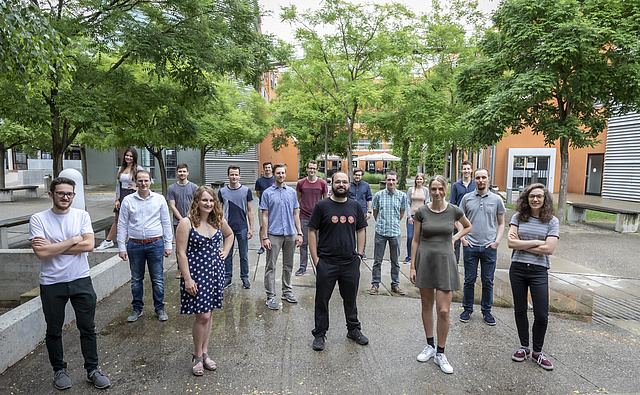
© Lunghammer – TU Graz
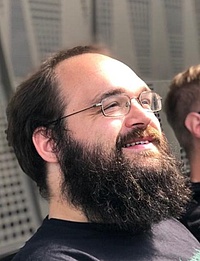 | Paul Baumgartner PhD program Electrical Engineering Course management, theory videos |
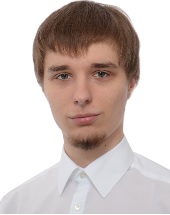 | Dominik Mayrhofer PhD program Electrical Engineering Course management |
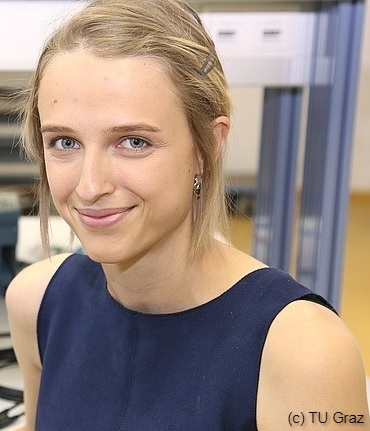 | Sophie Steger Master program Electrical Engineering Co-organisation, |
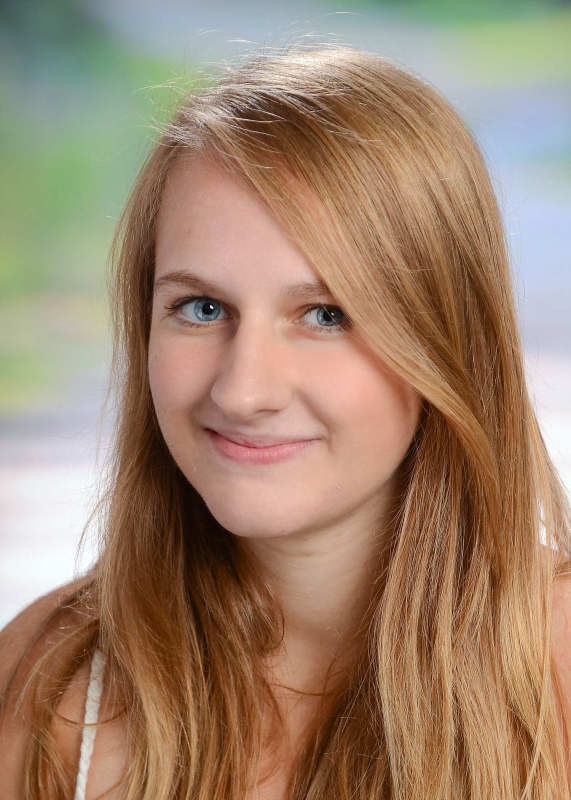 | Sophie Lennkh Bachelor program Information Co-organisation,
|
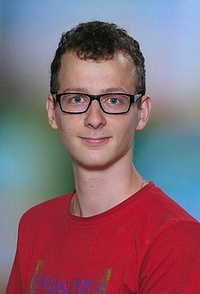 | Johannes Niederwieser Bachelor program Electrical Co-organisation, |
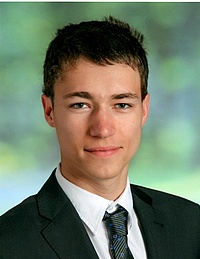 | Clemens Hagenbuchner Master program Information Lecturer |
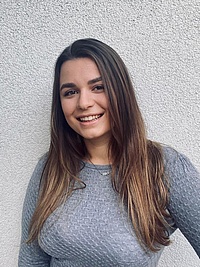 | Daniela Hell Master program Electrical Lecturer |
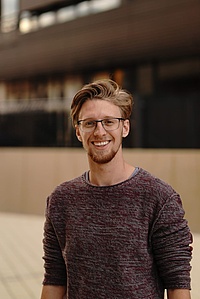 | Alexander Palmisano Master program Information Lecturer |
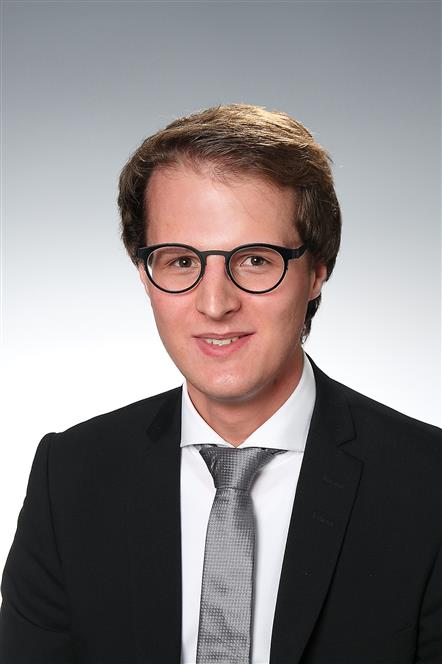 | Wendelin Angermann Bachelor program Electrical Lecturer |
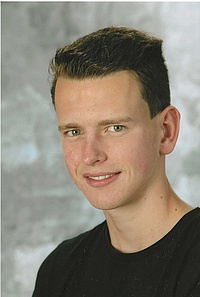 | Markus Embacher Master program Electrical Lecturer |
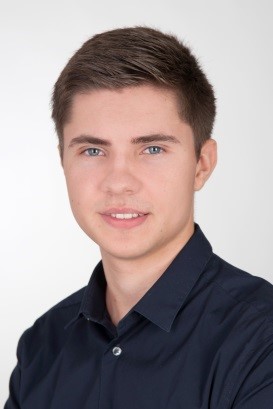 | Christoph Griesbacher Master program Information Lecturer |
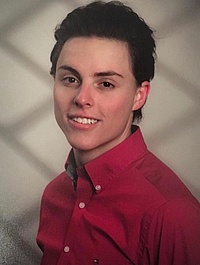 | Maximilian Huber Bachelor program Information Lecturer |
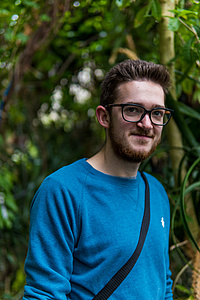 | Reinhard Pichler Master program Electrical Lecturer |
| Anna Masiero Bachelor program Electrical Lecturer, Special learning |
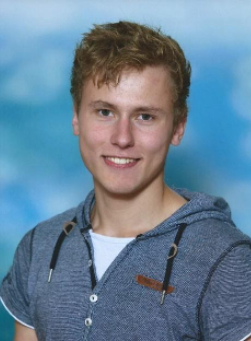 | Lucas Alexander Ebner Bachelor program Electrical Lecturer
|
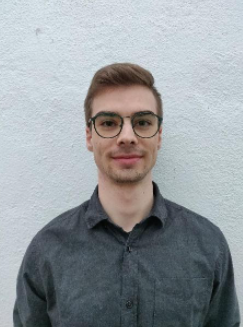 | Paul Mayr Bachelor program Electrical Lecturer |
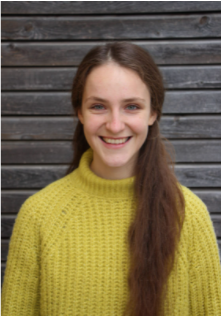 | Felicitas Spörk Bachelor program Electrical Lecturer |
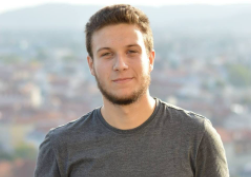 | Eniz Museljic PhD program Electrical Lecturer |
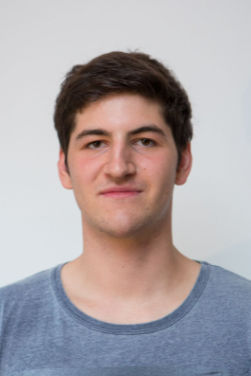 | Theo Gruber Bachelor program Electrical Special Learning sessions |
Statistics and data
The following data and statistics are an excerpt from surveys and evaluations, which were anonymously determined in the course of the course Fundamentals of Electrical Engineering Exercise (GET-UE) [2-3], and the Faculty of Electrical Engineering and Information Technology (ETIT) [1]. The data from [2-3] were determined among students of the degree progammes "Electrical Engineering" (ET), "Information and Computer Engineering" (ICE), "Biomedical Engineering" (BME) and "Electrical Engineering Audio Engineering" (ET-Toning.), who attended the GET-UE at that time. The data from [1] were provided through the kind support of Edith Lanz from the Dean's Office ETIT and come from a survey of first semester students of the majors "Electrical Engineering" and "Electrical Engineering Audio Engineering" conducted one month after the start of the program. Thus, the questions from (1) are not directly related to GET-UE, but more reflect an overall impression of the students' studies.
Fig. 1: Survey: "At which educational institution did you obtain your higher education entrance qualification?" from student survey [1].
Fig. 2: Survey: "In which region/country did you obtain your higher education entrance qualification?" from student survey [1].
Fig. 1 and Fig. 2 show how and where students obtained their higher education entrance qualification. With more than 30 different educational institutions, a clear heterogeneity of educational backgrounds is evident. In addition, almost one third of the students did not obtain their higher education entrance qualification in Austria, which means that linguistic and cultural differences must also be considered.
Fig. 3: Survey: "What tips would you give to first-year students?" from student survey [1].
Fig. 3 shows the perception of the students in the first semester as to what recommendations they would give to new students. This shows that they consider a certain mathematical preparation to be necessary. In addition, the transition from school to university is an issue. Learning along with and working through practice materials is seen as necessary.
Fig. 4: Survey: "How would you rate your prior education?" from student survey [2].
In Fig. 4, the students were asked about their previous education. It can be seen that only a few assess that their mathematical education is not sufficient. However, more than a quarter of the students rated their previous education in physics as insufficient. It can be seen that the students still need some additional support in these areas.
Fig. 5 Evaluations of overall GET UE assessments: proportion of positive assessments to total applications [3].
Fig. 6: Average points achieved in the first part of the GET UE [3].
Fig. 5 shows the proportion of positive grades to total GET UE enrollments from recent years. The requirements for the students and the assessed competencies have not changed in any way. Especially in the academic year 2017/18, this proportion was still very low, as many students in the BME field of study had already dropped out of the course before the first partial assessment. Since the academic year 2017/18, all fields of study show a positive trend. Especially the year 2020/21 shows probably the biggest achievement, because despite the restrictions due to the Corona pandemic, through appropriate countermeasures, such as the Youtube videos and the communication concept, the failure rate could be significantly reduced again. By improving the quality of the courses, it was thus possible to massively increase the studyability. Fig. 6 shows the average results of the first partial examination in recent years. The same trend can be seen here as well.
[1] Student survey of the ETIT faculty.
[2] Surveys conducted during GET practice sessions in the current semester.
[3] Evaluations of the GET UE course.
Youtube-Analytics
(statistic snapshot taken on 11.12.2021)
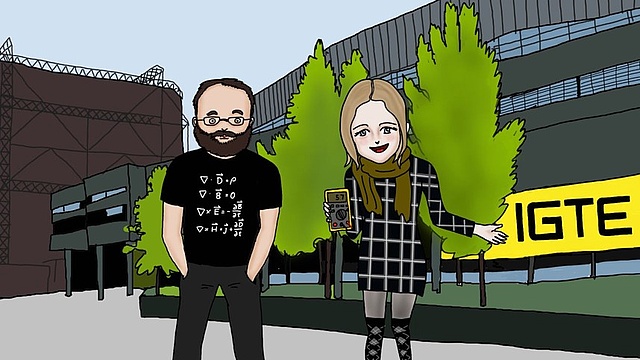
Student Evaluations
Fig. 8: Evaluations of the anonymous student-evaluation of the course at the end of the semester: General satisfaction with the course.
Fig. 9: Evaluations of the anonymous student-evaluation of the course at the end of the semester: Self-assessment regarding professional core competence.
Fig. 9: Evaluations of the anonymous student-evaluation of the course at the end of the semester: Self-assessSelection of text responses of the student evaluation (translated from german using deepl.com).
General:
- Everything super organized. The preparation for the exams well done and generally he seems very very nice. (Award deserved)
- In no course (which I know of) so much emphasis is placed on a smooth flow as well as social exchange among students and to the teaching staff.
- Tutors are polite and competent and very helpful; Great videos; possibility of interaction
- Of all the courses in the first semester, I liked the GET exercise the most, because the course leaders and the exercise tutors made a lot of effort to teach the students the basics. For example, the Youtube videos were a very big help in preparing for the exam. The tutor also always asked if everyone understood the material, and in the Discord server you could always ask for clarifications. In addition, the GET exercise was the only course where you could really get to know people because of the group work, there should be more such courses in the first semester.
- This course clearly has the best professors/teachers.
- Best implementation of digital teaching so far
- No other course leader has gone to such effort with teaching videos on YT, Discord, etc. Respect!
- By far the most motivated, nicest and also most competent team (course management including tutors). On Discord is always someone active, with suggestions is immediately responded to and it is also really taught a lot. Thank you for this terrific (teaching) work!
Communication(-plattform) - discord:
- Very good handling (note discord)! Interaction gives students the (important!) opportunity to integrate and interact with the lecturers.
- Discord was one of the best resources for troubleshooting homework examples because some discussed the same or similar issues there. Also the question hours helped a lot (in my opinion I would keep the Discord server and question hours the same).
- One of the best parts of this course. It should be continued like this even after COVID.
- Very ambitious and great offer on the part of the LV responsible
Youtube-Videos:
- Thanks for the time-consuming creation (note of the youtube videos)! So you can watch again (at his own pace) all the steps in detail and learn well with it!
- Very well done, reasonable length and understandable. Thanks
- In the theory videos, in my opinion, the learning content was explained very well.
- The videos which are uploaded on YouTube are high class.
- Many, many thanks! The examples are well prepared, look totally good and afterwards you are well prepared for the exercise examples! Thanks for all the work and effort!!
- One of the best ideas, super built and super helpful
Full dataset:
All data from 2020 student evaluation can be seen in the following files. The deepl.com-based translation can be found in the PDF-comments.
Paul Baumgartner
Institute of Fundamentals and Theory in Electrical Engineering Inffeldgasse 18
8010 Graz
Tel.: +43 (0) 316 / 873 - 7759
